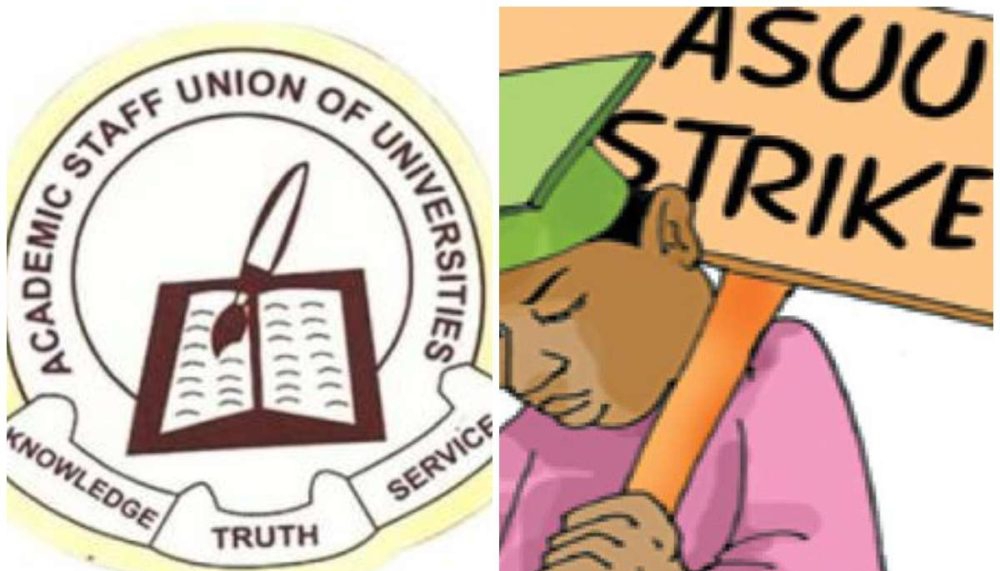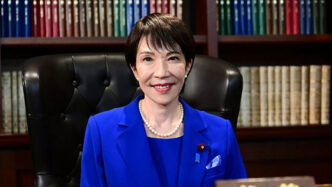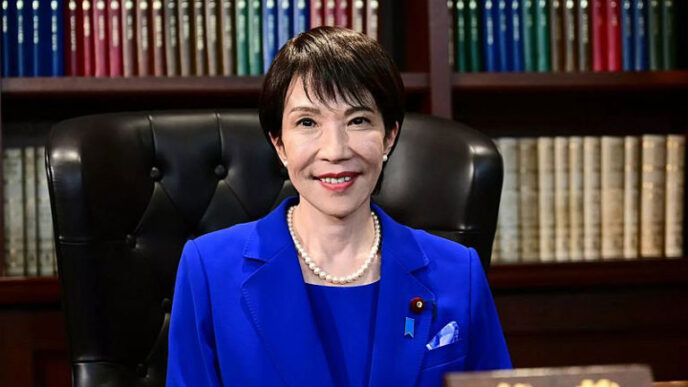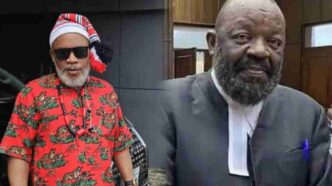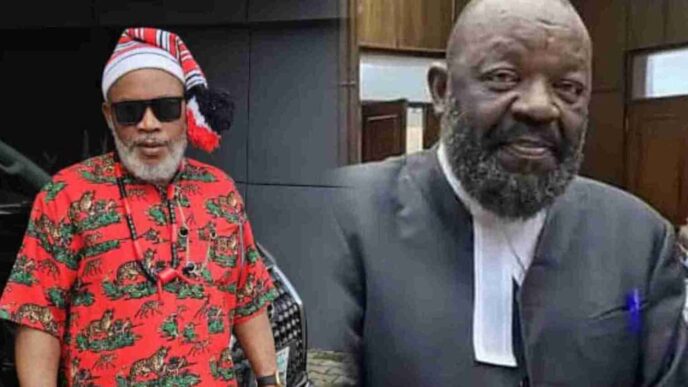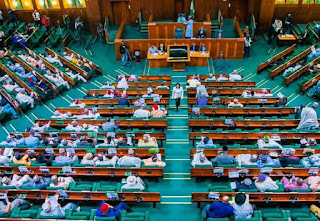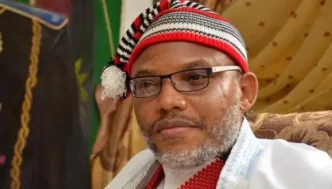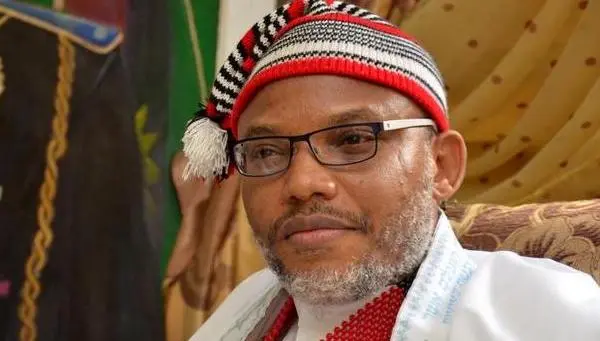The Academic Staff Union of Universities (ASUU) has announced that it has officially begun negotiations with the Federal Government over its ongoing industrial action that has paralysed academic activities across Nigeria’s public universities.
This development was revealed in Strike Bulletin No. 2 issued over the weekend by the National Strike Coordinating Committee (NSCC) and signed by Dr. Christopher Piwuna, the committee’s chairperson.
The move comes barely a week after the union commenced a two-week warning strike that began on Monday last week, causing a total shutdown in lecture halls, laboratories, and university offices nationwide.
According to ASUU, the discussions mark an important step toward resolving the lingering issues that led to the strike.
However, the union emphasised that while some progress has been made, several key demands remain pending.
In the bulletin, Dr. Piwuna stated that members have continued to show remarkable unity and commitment to the struggle.
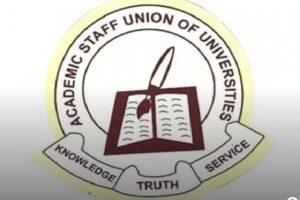
“Our members have shown exemplary commitment to the struggle. We must remain united and resolute in the few days ahead,” he said.
The union highlighted that progress has been achieved in certain areas, including the release of third-party deductions, payment of promotion arrears, and the mainstreaming of Earned Academic Allowances (EAA) into the regular salary structure.
Moreover, ASUU confirmed that discussions have advanced regarding the confiscation of University of Abuja land and the victimisation of members at several institutions such as Kogi State University (KSU), Lagos State University (LASU), and the Federal University of Technology, Owerri (FUTO).
While details of the ongoing talks remain confidential, insiders within the union suggest that funding for revitalisation, unpaid salaries, and the adoption of the University Transparency and Accountability Solution (UTAS) are among the top issues being revisited.
The federal government’s negotiation team is expected to present a position paper in the coming days, after which ASUU’s National Executive Council (NEC) will review and decide the next steps.
However, ASUU maintained that the industrial action is not intended to punish students but to push for a better university system.
According to ASUU, the two-week warning strike is expected to end next week Monday. By then, the outcome of the talks with the federal government will determine whether the union will suspend or escalate the action.
